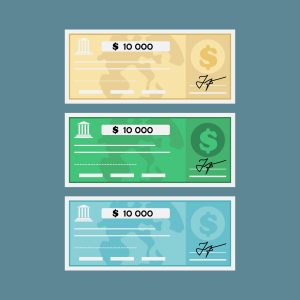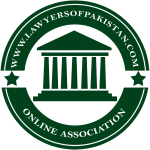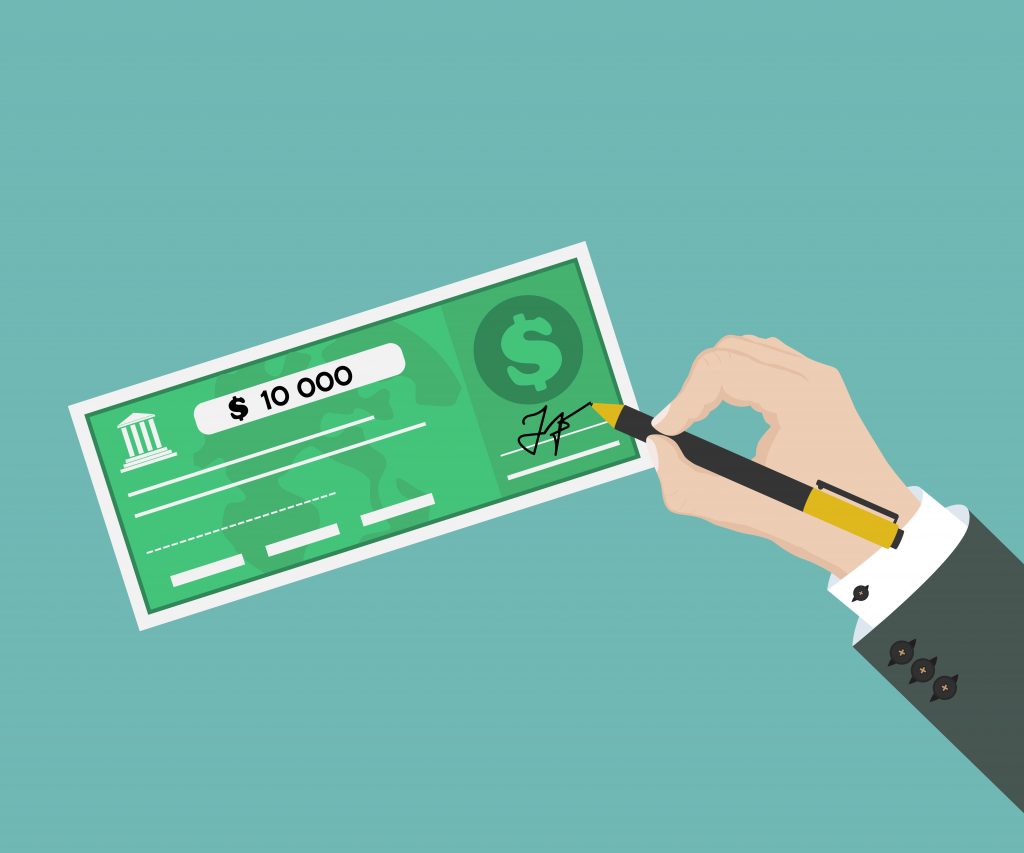”Cheque Fraud”
Avoiding Cheque Fraud & Exploring Possible Legal Remedy
Bounced and Dishonored Cheques which form part and parcel of cheque fraud is one of the fastest-growing financial crimes in Pakistan. Cheque defrauders are hardworking and creative. They constantly try new ways to beat the banking system and steal money from depositors/creditors and Lenders.
There are four main types of cheque fraud:
• Counterfeit – cheques not written or authorized by the legitimate account holder.
• Forged – Stolen cheque not signed by the account holder.
• Altered – an item that has been properly issued by the account holder but has been intercepted and the payee /or the amount of the item have been altered.
• Dishonestly issuing a cheque – (Section 489F of Pakistan Penal Code)– Whoever dishonestly issues a cheque towards re-payment of a loan or fulfilment of an obligation which is dishonoured on presentation, shall be punishable with imprisonment which may extend to three years, or with fine, or with both, unless can establish, for which the burden of proof shall rest on him, that he had made arrangements with his bank to ensure that the cheque would be honoured and that the bank was at fault in not honouring the cheque.- Cheques issued with the intent of defrauding the drawer when there are no funds in the account or the cheque is itself forged.

How can you protect yourself from fraud for items drawn on your account?
1. Reduce the use of risk-prone cheques in favour of electronic payments such as wire payments, direct deposit and pre-authorized payments.
2. Keep cheque stock in a secure location.
3. Destroy unused cheques from closed accounts immediately.
4. Checks and Balances – split responsibilities so that no one person is responsible for cheque issuance and reconciliation.
5. Prompt account reconciliation – Reconcile your statements as soon as they are received.
6. When re-ordering cheques, use a continuous set of serial numbers.
7. Order only one set of cheques per account.
8. When laser-printing cheques, issue multiple passwords to those responsible for cheque printing and use cheque paper with toner anchorage to permanently bond toner ink into the paper.
9. Use high-quality cheques employing a reasonable mix of security features.
In case you have been defrauded through a cheque you may go for several remedies available under the law:
• Report any old outstanding cheques and suspected fraud on your account immediately to the Financial institution/Bank.
• Negotiating with Banker or Default parties.
• Send Legal Notice to Defaulter for Payment of Cheque
• Registration of F.I.R U/S 489F Pakistan Penal Code.
• Reporting to FIA Electronic Frauds or Local Police Station
• Effecting FIR by use of 22A/22B if required.
• Effecting arrest and recovery
• Civil and Criminal Litigation in Banking Court, Civil Court of Superior Judiciary in Pakistan.
As the banking sector in Pakistan developed over the last two decades, the need was felt to introduce new laws in the field of Banking in general and with regard to the treatment of a “bank cheque” in particular, keeping in view the frequency of events of dishonouring of bank cheques.
If you need any assistance which involves Financial Crime committed with respect to cheques we are here to help. Just leave a comment or select an option of (ask a lawyer) and we will get back to you promptly.


2 thoughts on “Bounced and Dishonored Cheques | Law and Remedy in Pakistan”
I am the CEO of an NGO in Karachi.
My ex finance manager resigned last month. He used to manage all finances.
He has copies the signatures on chq and has transferred nearly 7 millions rupees to different accounts.
He is not signatory on any account but he has signed other signatories signatures on chq books.
How do I stand legally? What can I do to recover my money ?
What legal action can I take against him?
Kindly guide.
first of all you should lodge FIR, afterwards you should file suit for recovery of amount, for further help you can whatsapp us at +923362418786.